The Heart Rhythm Society is accredited by the Accreditation Council for Continuing Medical Education to provide continuing medical education for physicians.
AMA CREDIT DESIGNATION STATEMENT
The Heart Rhythm Society designates this enduring activity for a maximum of 29.25 AMA PRA Category 1 Credits™.Physicians should claim only the credit commensurate with the extent of their participation in the activity.The AMA has determined that physicians not licensed in the United States who participate in this CME activity are eligible for AMA PRA Category 1 Credit™.ABIM MAINTENANCE OF CERTIFICATION (MOC)
Successful completion of this CME activity, which includes participation in the evaluation component, enables the participant to earn up to 29.25 MOC points in the American Board of Internal Medicine’s (ABIM) Maintenance of Certification (MOC) program. Participants will earn MOC points equivalent to the amount of CME credits claimed for the activity. It is the CME activity provider’s responsibility to submit participant completion information to ACCME for the purpose of granting ABIM MOC credit.
- Seventeen lectures and 9 workshop sessions
- Presentation slides with synchronized audio
- Downloadable PDFs of course content
- Watch presentations on your computer, tablet, or smart phone.
- Earn up to 29.25 CME credits and MOC points
Clinical Cardiac EPs
Directors of EP Labs
Cardiologists
MDs taking the ABIM CCEP Board Certification Exam
MDs taking the ABIM CCEP Recertification Exam
Non-US physicians preparing for EP certification exams
Physicians seeking a comprehensive overview of electrophysiology
- Describe the current guidelines related to evaluation and management of patients with cardiac rhythm disturbances
- Describe the role of electrophysiologic testing in managing patients with bradyarrhythmias and tachyarrhythmias
- Identify the advantages and limitations of diagnostic electrophysiologic methods
- Identify the role of pharmacologic and nonpharmacologic therapies for the treatment of arrhythmias
- Recognize the basic electrophysiology and genetics of inherited conditions associated with cardiac arrhythmias
- Recognize clinical, electrocardiographic, and electrophysiologic characteristics of specific cardiac arrhythmia syndromes
- Interpret complex electrophysiologic and electrocardiographic tracings
- Interpret stored electrograms from pacemakers and ICDs
Topics/Speaker:
Session I: Basic Science and Fundamentals of Electrophysiology
Basic Electrophysiology Principles for the Clinician
Inherited Ion Channelopathies
Sinoatrial and Atrioventricular Nodes and His-Purkinje System: Anatomy, Evaluation, Autonomics and Therapy
Retrograde Conduction
Workshop #1: Electrocardiographic/Electrophysiologic Correlations
Session II: Invasive Diagnosis and Treatment
Use of Entrainment in Supraventricular Tachycardia
Principles of Entrainment – Ventricular Tachycardia
Techniques of Differentiating SVT Mechanisms: Part I
Techniques of Differentiating SVT Mechanisms: Part II
Workshop #2: Entrainment and SVT Maneuvers
Catheter Ablation of Atrial Tachycardia and Atrial Flutter
Catheter Ablation of Accessory Pathways
Workshop #3: SVT Mechanisms/Maneuvers
Catheter Ablation of AV Nodal Reentrant Tachycardia
Special Workshop: 12 Lead EKG for PVC and VT Localization Core Principles of Electrophysiology
Session III: Invasive Diagnosis and Treatment
Ventricular Tachycardia: Ischemic and Nonischemic Cardiomyopathy and Other Unique VT Syndromes
Workshop #4: SVT and VT Invasive/Noninvasive Correlation
Wide Complex Tachycarias: Idopathic VTs, Bundle Branch Reentry, Antidromic Tachycarias, Mechanisms, Electrocardiographic Manifestations, Invasive Assessment, and Ablation
Workshop #5: Invasive/Noninvasive Correlation
Session IV: Noninvasive Diagnosis and Treatment
Pharmacokinetics, Pharmacodynamics, Pharmacogenetics, and Clinical Electrophysiology of Anti-arrhythmic Drugs: Parts I & II
Workshop #6: Electrocardiographic/Electrophysiological Correlations
Mechanisms, Pharmacologic, and Non-pharmacologic Treatment of Atrial Fibrillation
Biophysics of Catheter Ablation
Workshop #7: Electrocardiographic/Electrophysiological Correlations, Atrial Fibrillation, Clinical Scenarios, and Syndromes
Session V: Clinical Scenarios/Device Management
Device: Evaluation, Management, and Troubleshooting
Workshop #8: Device Cases
Workshop #9: Arrhythmia Case Studies/Putting It All Together for the Boards
Testable Concepts

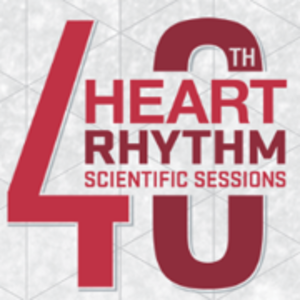
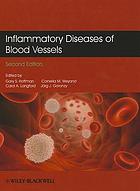
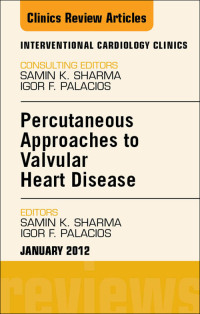
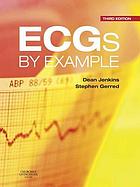

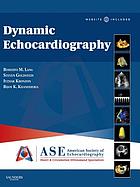
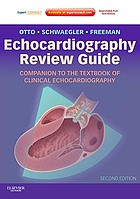
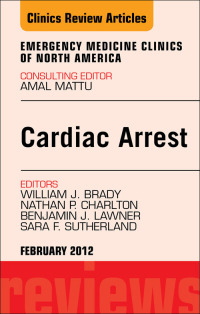
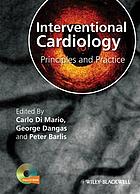
Reviews
There are no reviews yet.